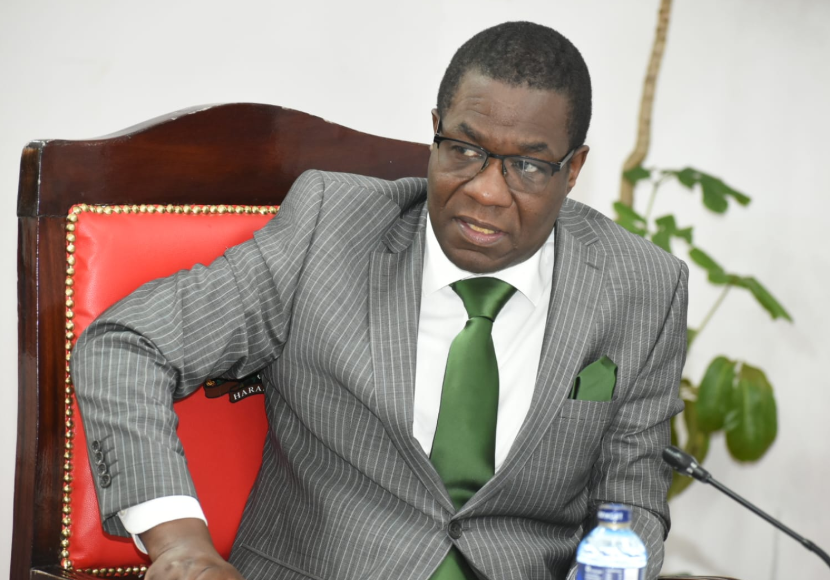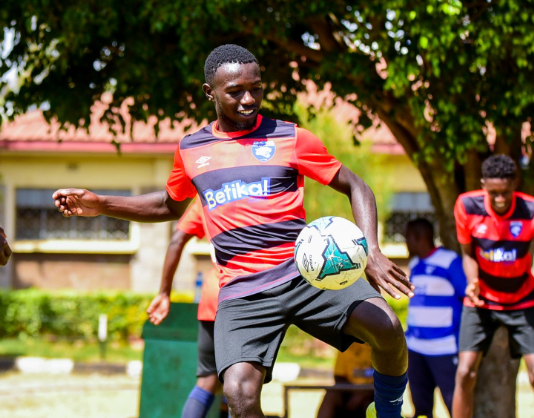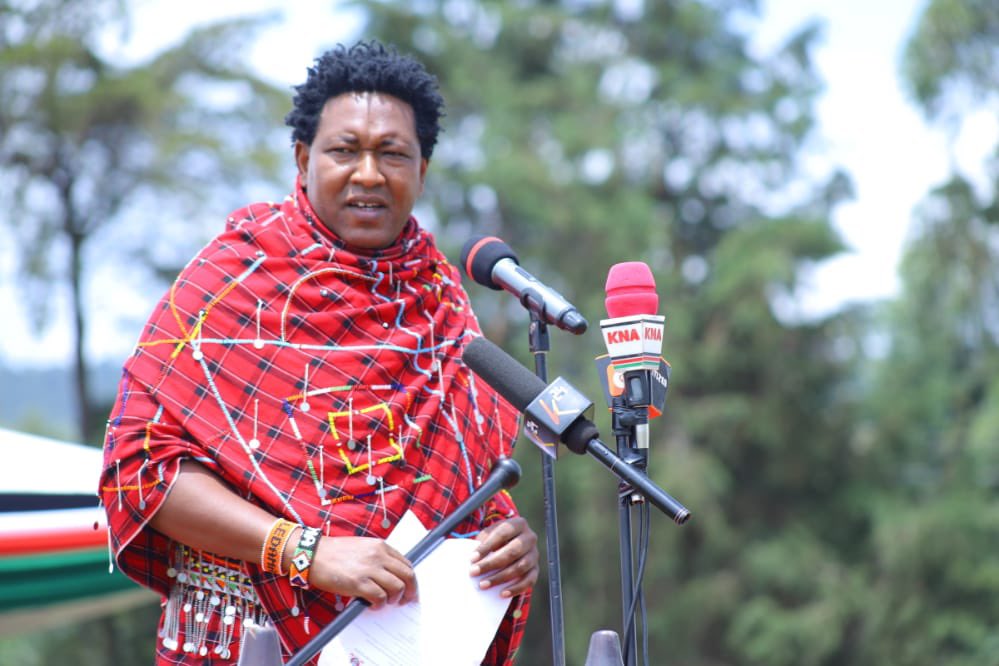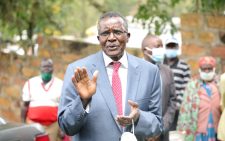Private security guards play important role in war against terror – official
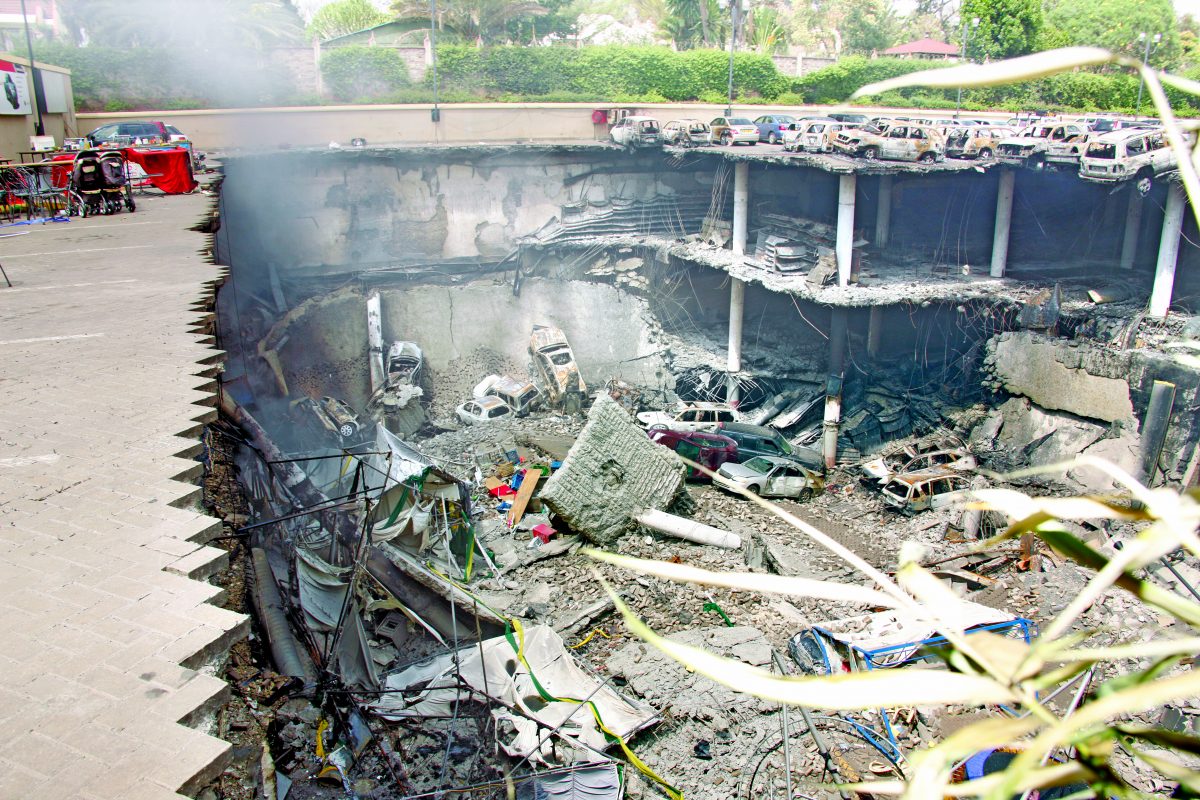
Private security guards have been incorporated into the national strategy in the fight against terrorism.
To make them more professional and efficient, most of them have been trained on how to identify exhibits and evidence and how to relate with other State security organs.
When terrorists struck Westgate Mall in Westlands in Nairobi ten years ago, the first point of contact was the entrance of the premises. And their target was the private security guards who were on duty.
An analysis later concluded the security guards were major players in the industry and needed to be embraced.
“They said the private security industry was the missing link. We have now bridged that gap and we are part of the team,” said Fazul Mohamed the Director General at Private Security Regulatory Authority (PSRA).
Apart from the private security guards, all other agencies were blamed for acting alone. And this prompted the adoption of the multi-agency approach where all agencies have to work together towards dealing with any form of threat.
Centralised system
The approach has since enabled security officers drawn from different agencies to collaborate, leading to a significant improvement in the state of security in the country.
“When we move with our multi-agency approach in terms of dealing with security matters, we are capable of producing results,” Mohamed said adding they have trained and prepared the guards to be part of the larger team.
According to Mohamed, they have built a system that is now centralized to monitor the activities of all guards in the country.
“If there is any form of crime anywhere and the guard on duty raises an alarm, we are able to see it here and all other agencies will know within a short period,” he said.
He said they are now taking details of all guards, training and retraining them on various issues including terrorism
During the tenth anniversary of the terror attack, PSRA plans to launch issuance of special badges to all registered guards. They contain special numbers for the guards, which identify them.
“This is part of efforts to embrace and include the guards in this war on terrorism and other crimes,” he said.
In July, the government designed a standardized training programme for private security companies as part of the reforms in the industry.
This marked a crucial step forward in establishing clear industry standards and a recognized code of ethics for guards in an effort to prepare them to efficiently navigate the complexities of the evolving security landscape.
According to Principal Secretary for Interior Raymond Omollo, the curriculum is a product of a consultative process among key stakeholders, with a focus on elevating the professionalism and competency of private security guards.
“At the heart of these security reforms is providing them with the right training so that they can detect, deter and effectively respond to the current and emerging security threats appropriately,” he said, adding that the comprehensive training will also fosters public trust in the capabilities of the personnel.
First line
The industry currently employs close to one million people and records an annual revenue of Sh100 billion.
The guards are part of the first line of emergency response. Their quick action makes a significant difference in the outcome of critical situations.
The government seeks to deepen its collaboration with the private security industry in law enforcement and management of crime.
The programme also prescribes issuance of Security Force Numbers to trained officers and improvement of their welfare, labour rights and remuneration.
“We also recognize that private security guards can be cogent partners for maintenance of law and order and even the collection and preservation of evidence from crime scenes,” he said.
The PSRA has established a Training Institute in Eldoret and is in the process of establishing other institutes in Kisumu, Nairobi and Mombasa.
The PSRA has also compiled a database of all guards who will be issued with unique Force numbers and name tags after being vetted.
Only vetted guards will be deployed in areas deemed vulnerable to attacks and will work closely with the other security agents.

